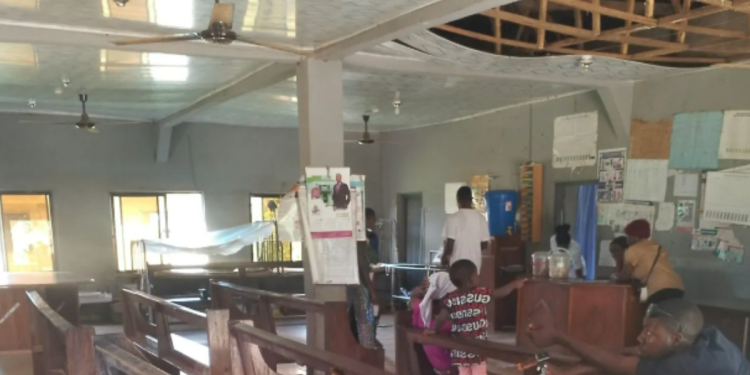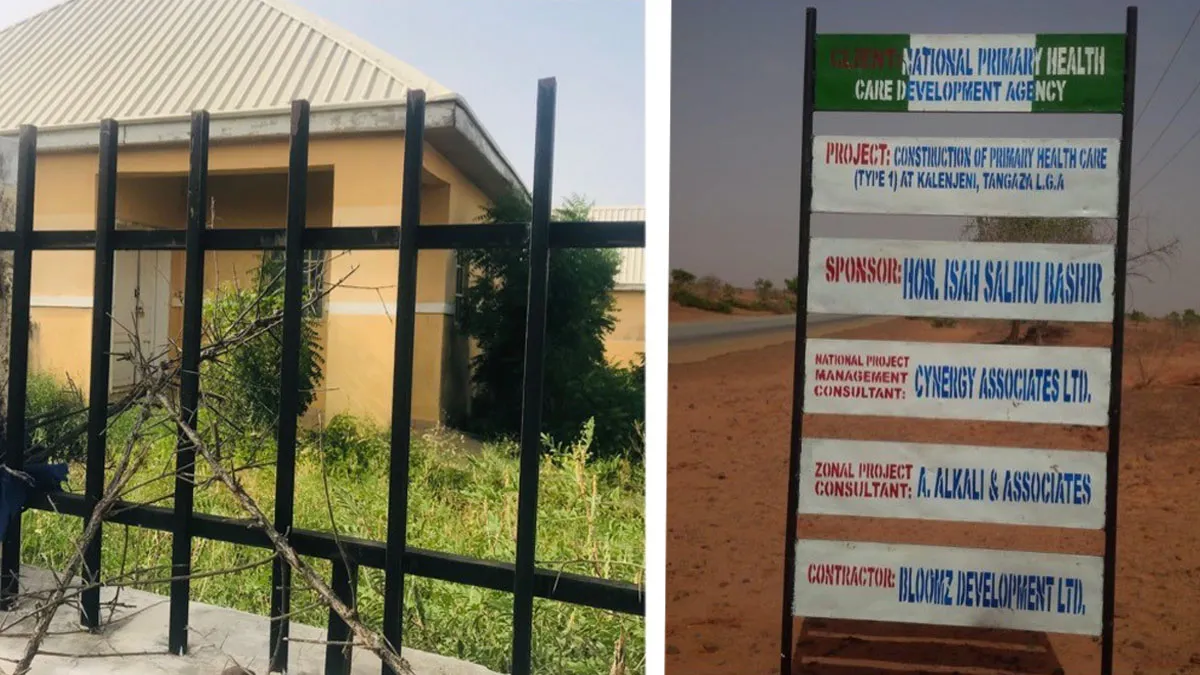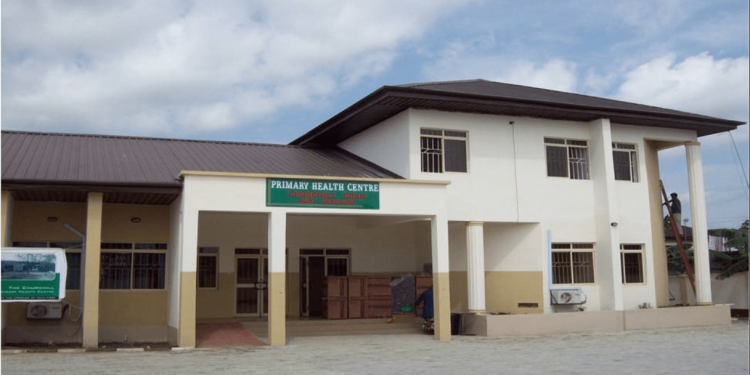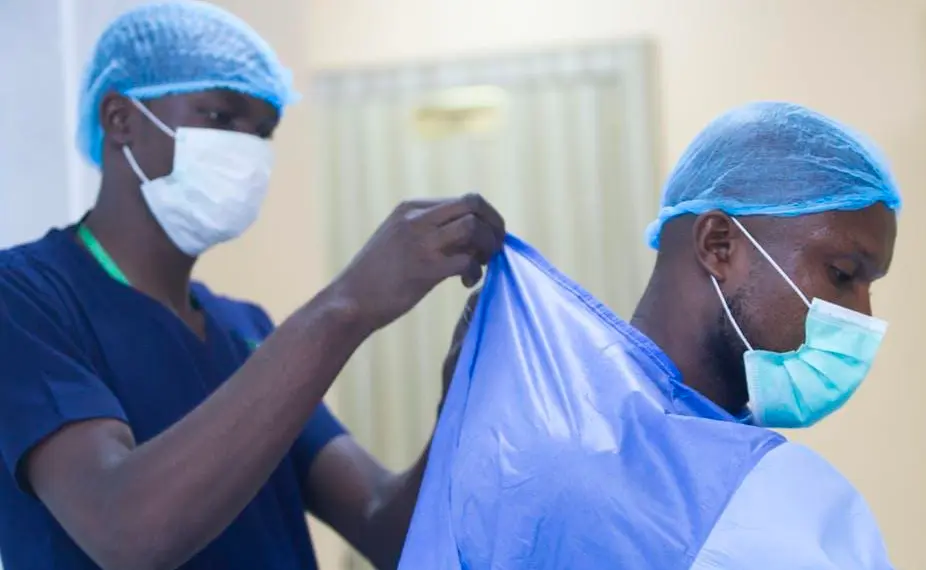
Abandoned and unfunded, health centres in Ebonyi fail rural communities
………Pregnant women, children bear the brunt
Tag

………Pregnant women, children bear the brunt

On 20 August 2022, 70-year-old Umaru Kalenjeni, a resident of the Kalenjeni community, rushed his pregnant daughter-in-law, Asmau Sanni, to the General Hospital in Binji, Sokoto, when she fell into labour.

Nigerians adapt to terrible conditions; a quintessential function of man- resilience. But should you also get accustomed to performing surgery under a candle light, for instance? Sounds like a hyperbole? It isn’t. In a shocking revelation, Dataphyte found that over 43 per cent of Primary Healthcare Centres (PHCs) in Nigeria have no power. And for those connected to the grid, supply of electricity is often less than 5 hours per day. As a result, some PHCs resort to alternatives, unsafe substitutes like kerosene lamps and candles.

It takes a Nigerian an average of 21.3 minutes to receive a health consultation. According to the 2019 General Household Survey, this commute time is even greater in rural communities with a 22.4-minute estimate. Beyond this time lag, a real discrepancy in the healthcare infrastructure of the Giant of Africa lies.

According to the World Health Organization (WHO), key characteristics of good health service delivery include comprehensiveness, accessibility, quality, and inclusive coverage. It should also be people-centred and well-coordinated. Accountability and efficiency are also important in healthcare delivery.